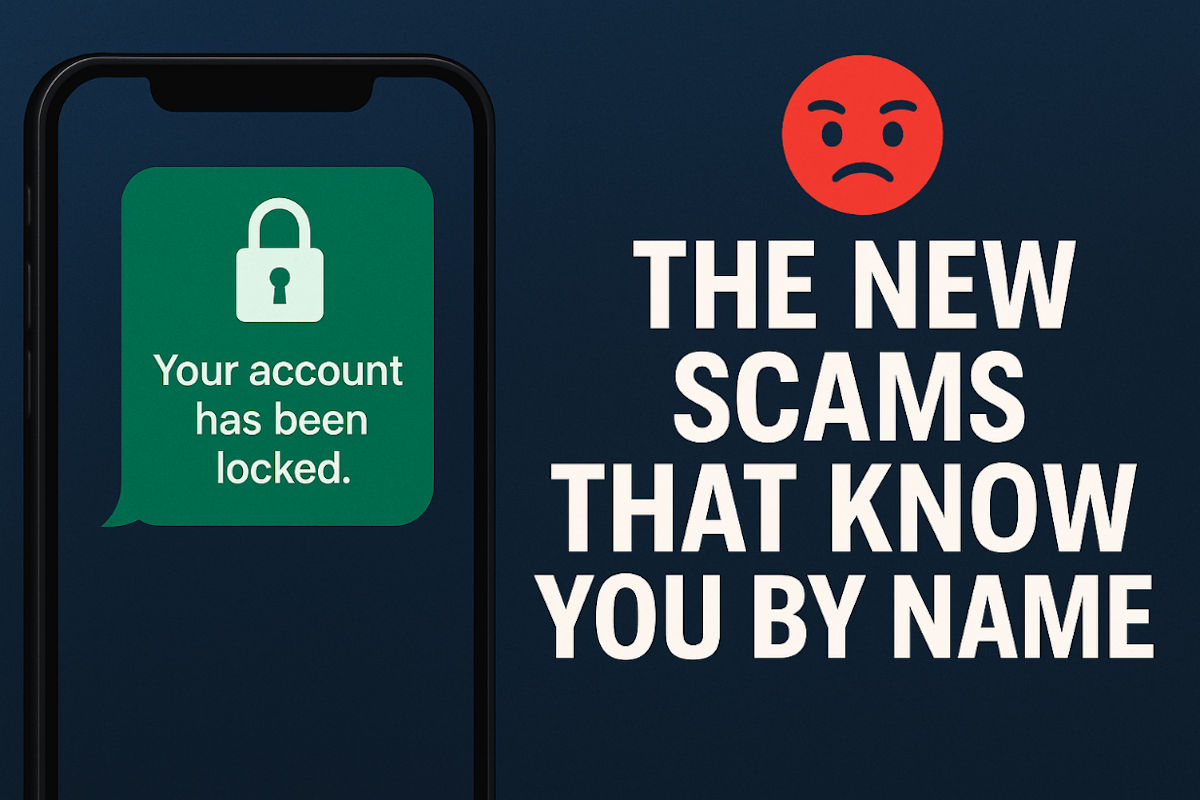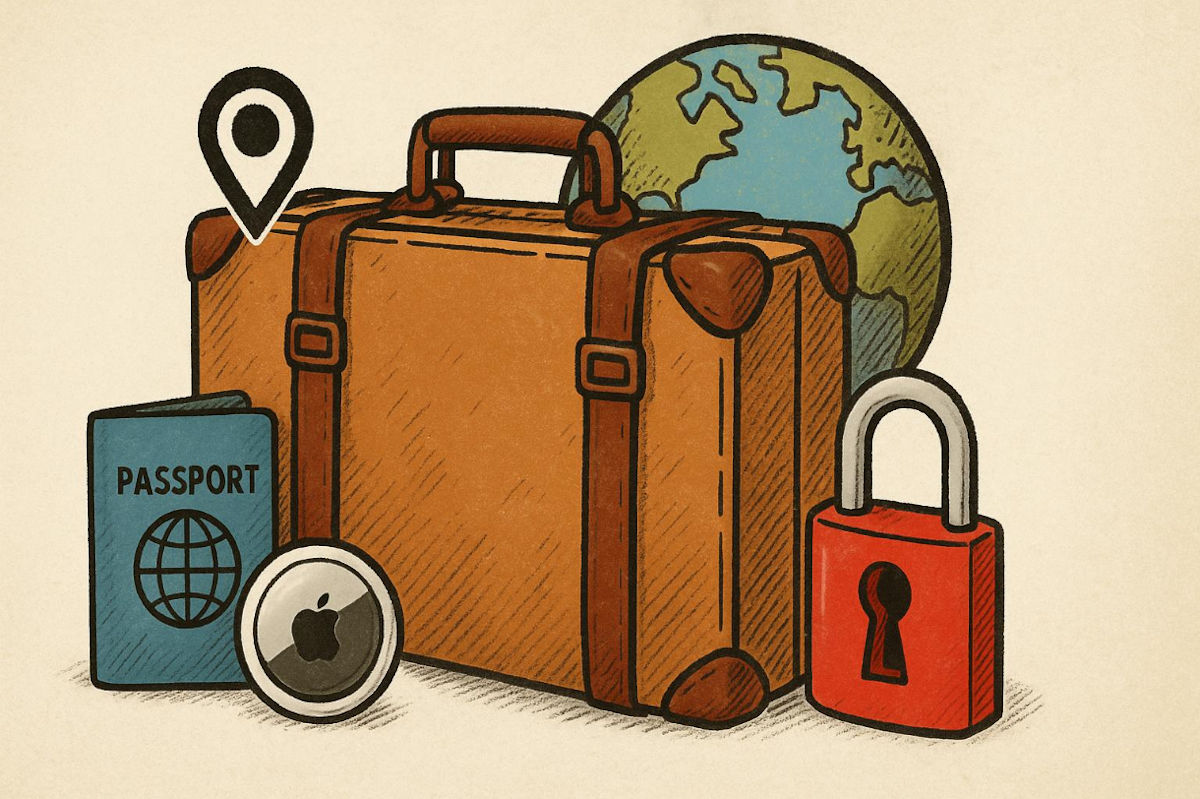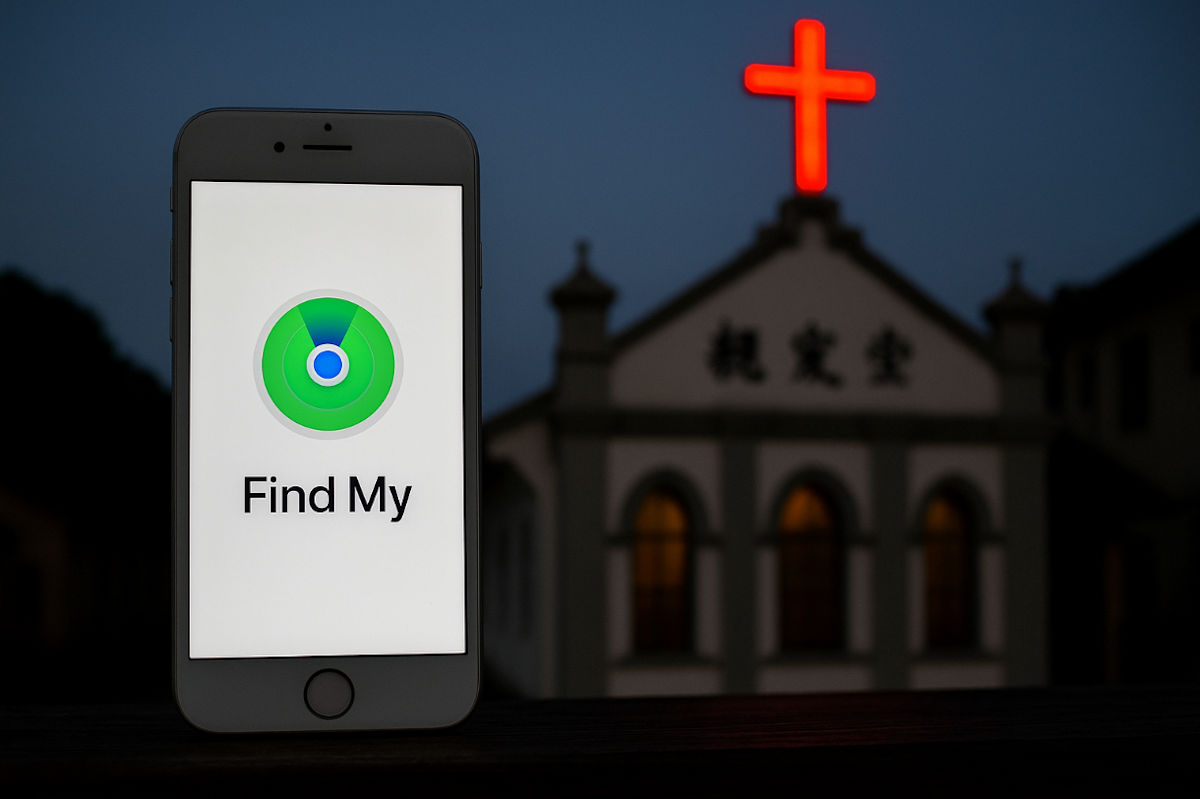📱 My pick: Privacy screen protectors
For iPhones (17% off) and Samsungs (15% off): These anti-spy shields block side glances, so only you’ll see your screen.
🫣 Webcam covers (28% off, three-pack): Ditch the Post-it note. Fits laptops, tablets and smartphones. I slap them on all my tech.
💳 RFID-blocking cards (20% off, six-pack): Think of them as invisible armor. Slip one in your wallet and stop digital pickpockets cold.
⚡ USB data blockers (20% off, four-pack): Juice jacking? Not today. Charge up anywhere while keeping hackers out.
🚨 Hidden camera detector (22% off): Scans hotel rooms, Airbnbs and sketchy bathrooms. Bonus: spots GPS trackers.
🔒 Lock it down: Head to my Amazon storefront for the privacy picks and gear I handpicked. Your future self will thank you.
We may earn a commission from purchases, but our recommendations are always objective.


